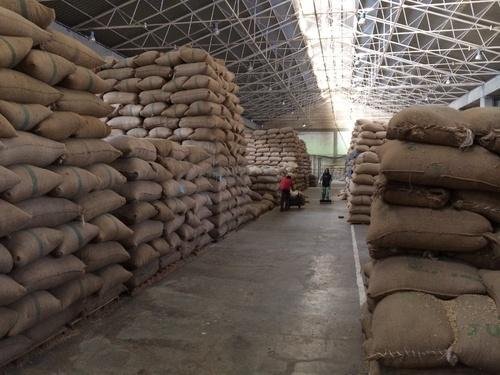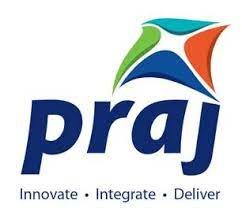Union Agriculture Minister unveils LMS, Krishi Rakshak Portal, Helpline 14447 and SARTHI portal
Initiatives aim to empower farmers, streamline Grievance Redressal, and enhance Agricultural Training for sustainable growth.
Union Minister of Agriculture and Farmers Welfare and Tribal Affairs Arjun Munda launched the centralised “Kisan Rakshak Helpline 14447 and Portal”, Agri-Insurance Sandbox Framework Platform SARTHI and Learning Management System (LMS) Platform for the farming community under the Pradhan Mantri Fasal Bima Yojana (PMFBY) in Delhi.
Since its inception in 2016, the Pradhan Mantri Fasal Bima Yojana (PMFBY) has been a safety net for farmers in India, protecting them from the unpredictability of nature through crop insurance. It became crucial for the scheme to ensure farmers could navigate the claim process, submit grievances, seek information on their queries and obtain timely assistance without difficulty. To address these challenges and ensure prompt support for farmers, the Government has introduced the Krishi Rakshak Portal and Helpline (KRPH) 14447. This platform provides multilingual support, enabling transparent communication and real-time resolution of grievances related to compensation delays and insurance queries. By streamlining processes and offering accessible assistance, KRPH underscores the Government’s steadfast commitment to the welfare and prosperity of the farming community.
The launch of the LMS, KRPH – 14447, and SARTHI represents the latest milestone in the Ministry of Agriculture’s ongoing transformative journey in Indian agriculture. These initiatives, introduced alongside cutting-edge technologies such as YES-Tech, Digi-Claim, WINDS, CROPIC, and AIDE app, underscore the Government’s unwavering commitment to innovation, resilience, and sustainability in farming. Together, these initiatives embody a holistic approach to fostering the welfare and sustainability of the farming community, aligning with the Government’s vision for a resilient and prosperous agricultural sector.
Another significant launch was The Learning Management System (LMS), developed in collaboration with the National E-Governance Division (NeGD). Its primary goal is to provide stakeholders, including farmers, insurance companies, Government officials, state Government representatives, and participants in the Pradhan Mantri Fasal Bima Yojana (PMFBY), with the essential skills and knowledge needed for efficient crop insurance and agricultural credit. The LMS will facilitate training and knowledge sharing through interactive modules, personalized training programs, and accessible resources. Stakeholders can deepen their understanding of agricultural practices, crop insurance protocols, and financial mechanisms. The LMS can be accessed on https://elearn-pmfbykcc.lms.gov.in.
While crop insurance has been a primary product for farmers, the Government has also extended insurance to the entire agricultural community through other products. Recognizing the multifaceted risks faced by farmers beyond crop losses, the comprehensive digital insurance platform SARTHI was launched in collaboration with UNDP India. SARTHI extends coverage to health, life, home, shop, agriculture implements, motor, and parametric products. SARTHI can be accessed via the AIDE app available on Android App Store.
This ambitious endeavour, aligned with the Sustainable Development Goals, not only aims to safeguard farmers’ livelihoods but also to fortify the resilience of the agricultural sector as a whole. With 56 crore applications already enrolled under PMFBY, SARTHI marks a significant advancement beyond traditional crop insurance, offering a diverse array of products tailored to farmers’ needs. By expanding insurance coverage to include vital assets like tractor machinery, SARTHI empowers farmers to comprehensively mitigate risks, securing their livelihoods and fostering long-term sustainability in agriculture.
Initiatives aim to empower farmers, streamline Grievance














